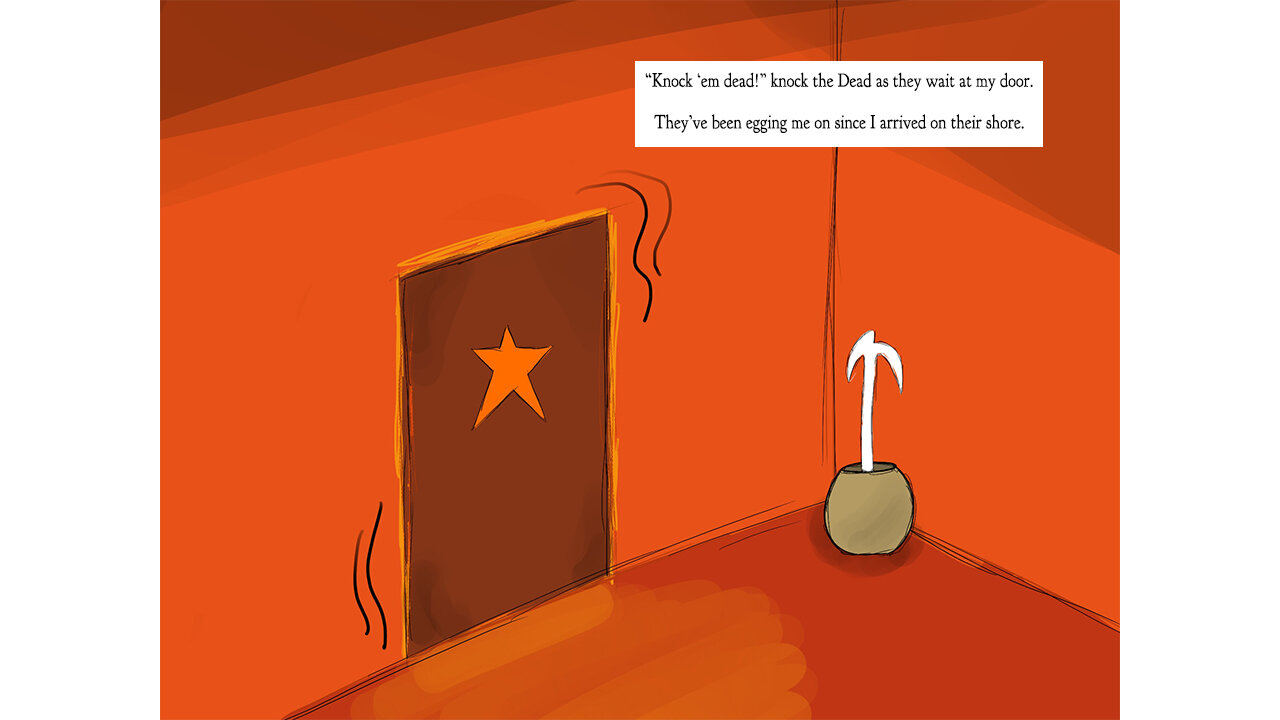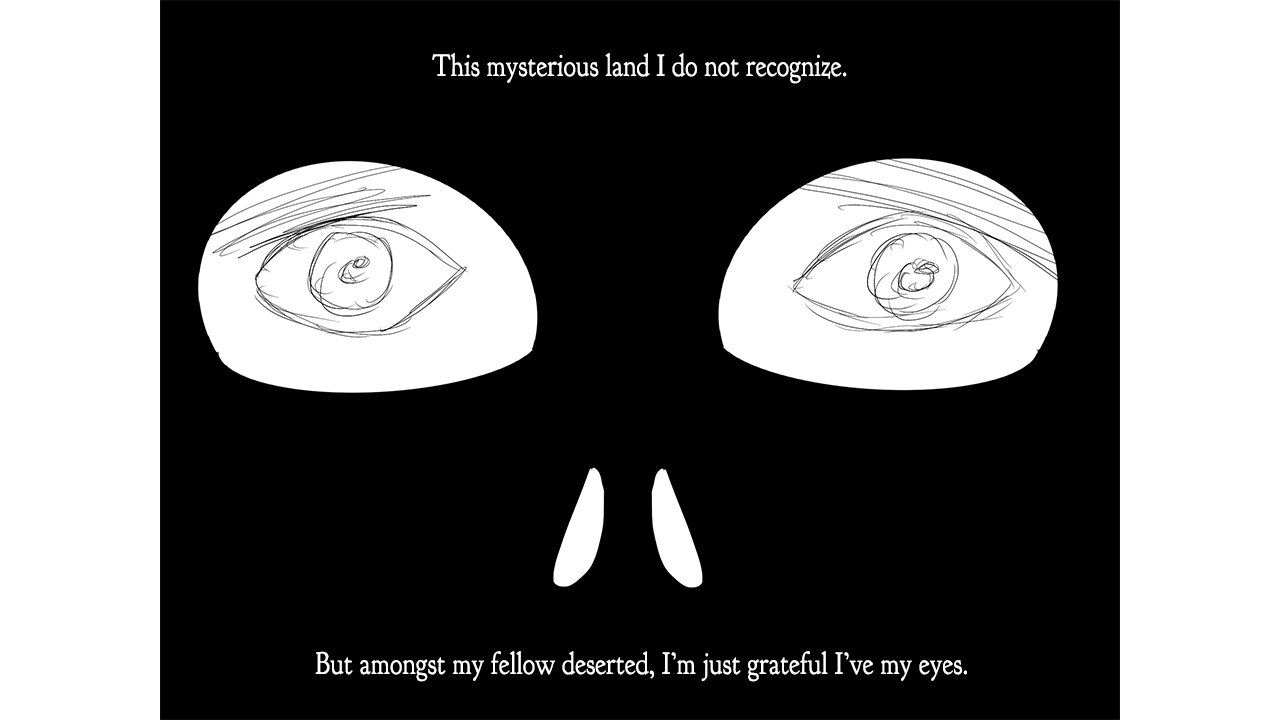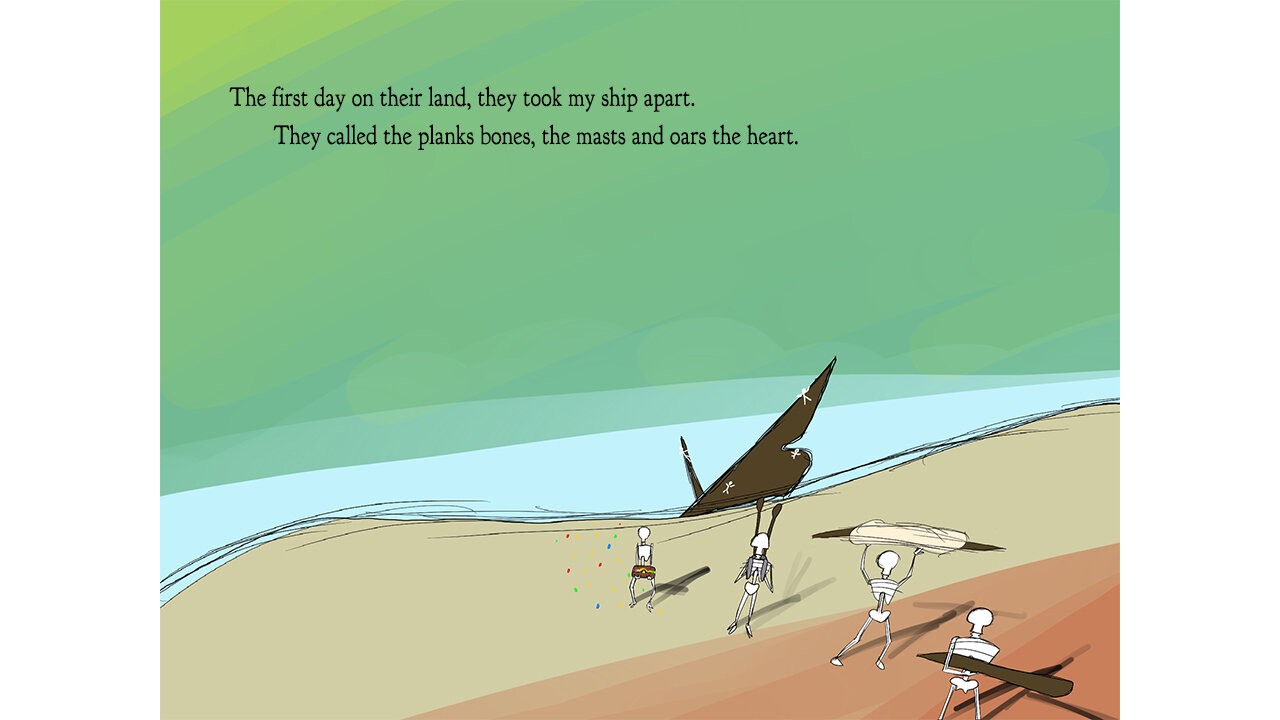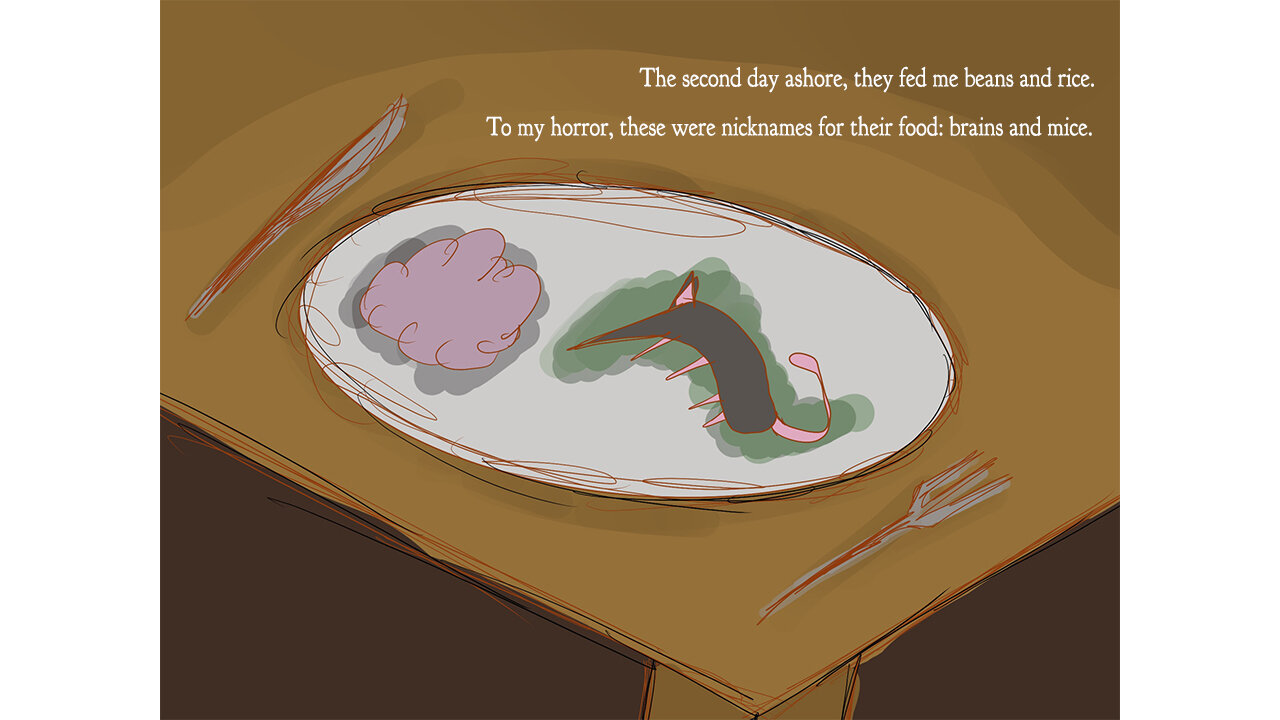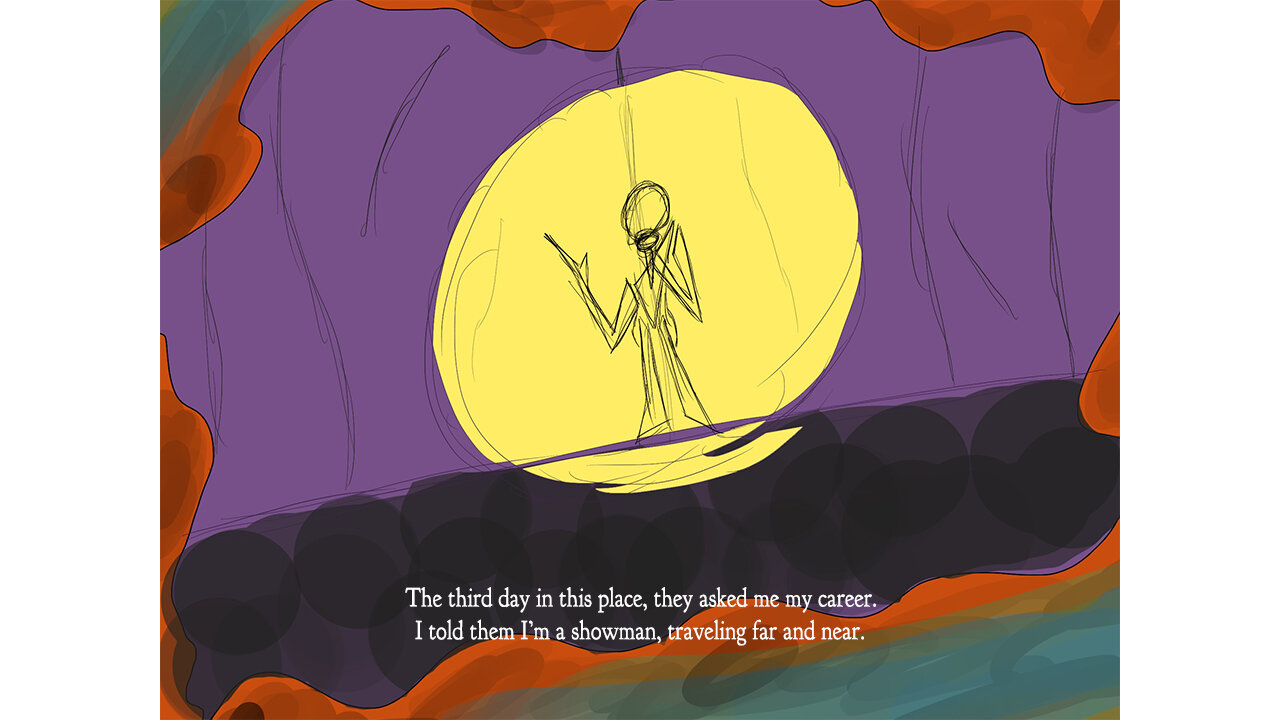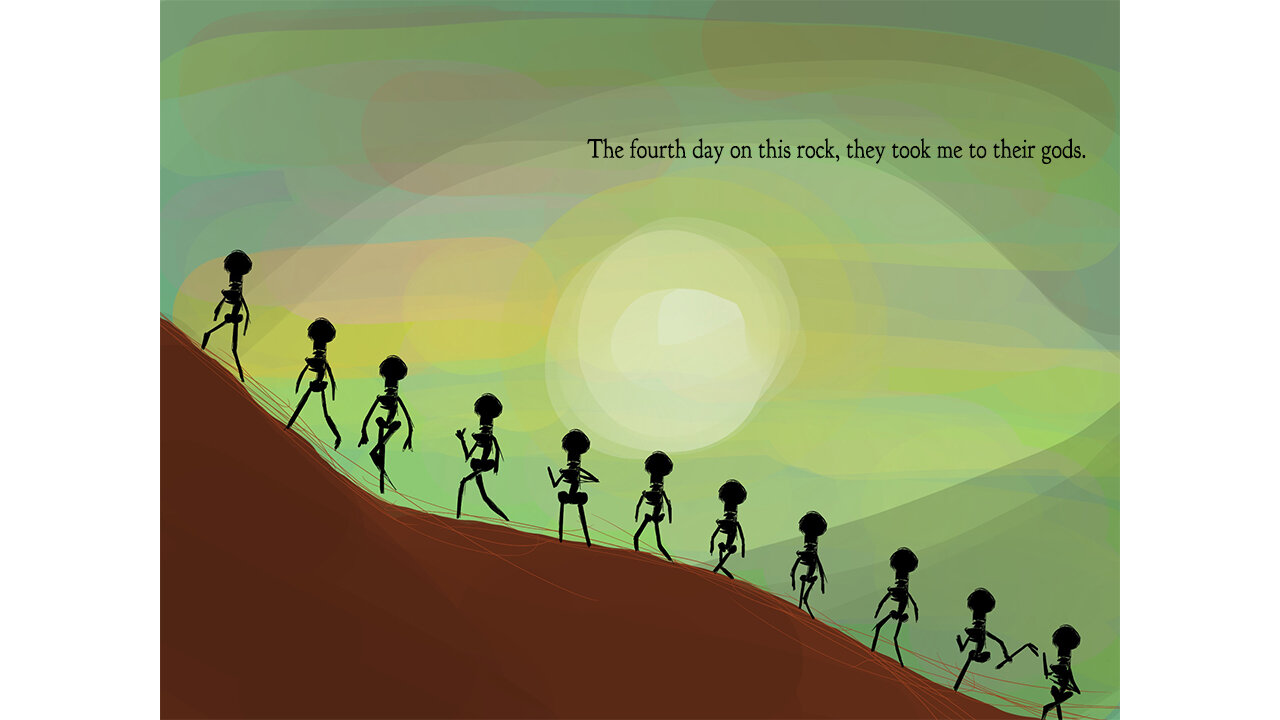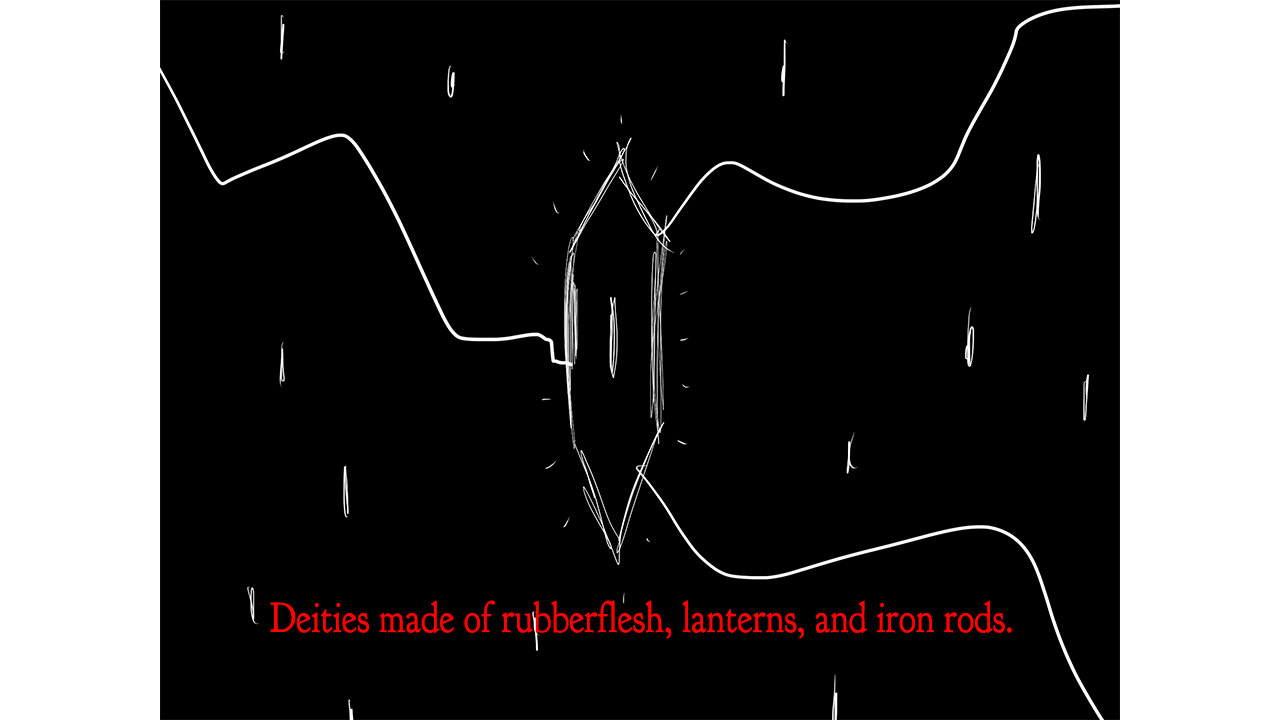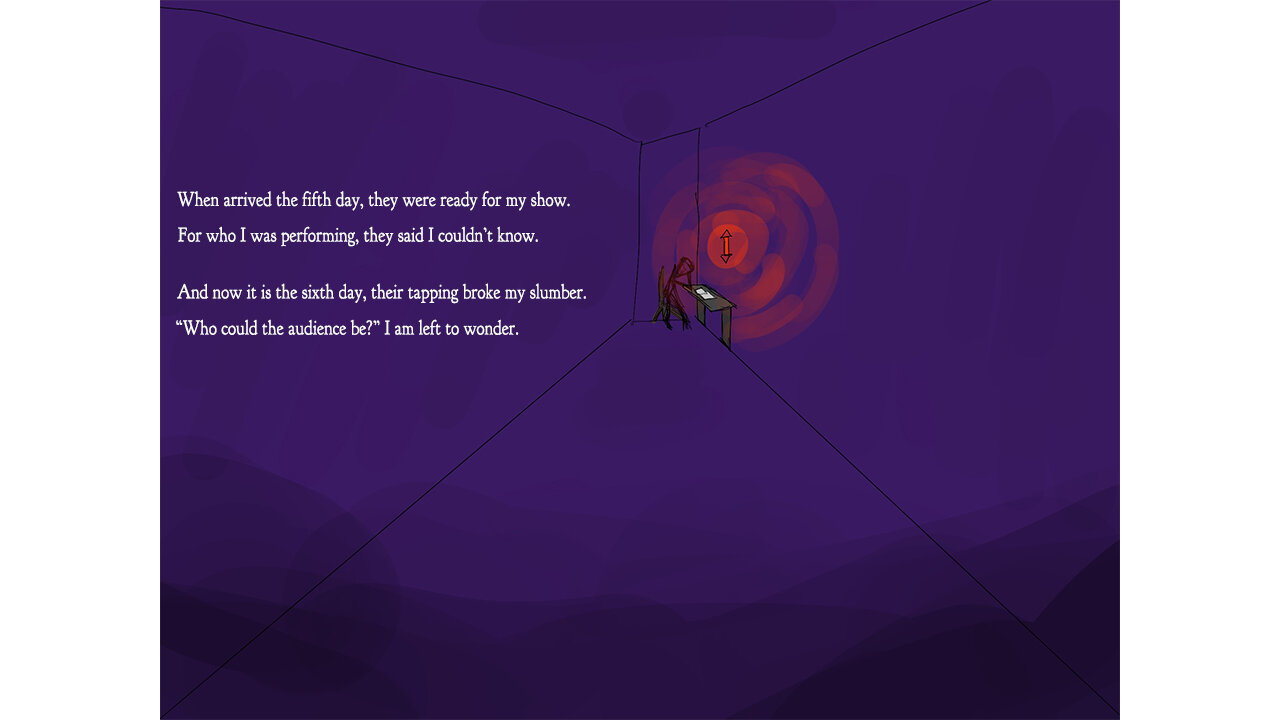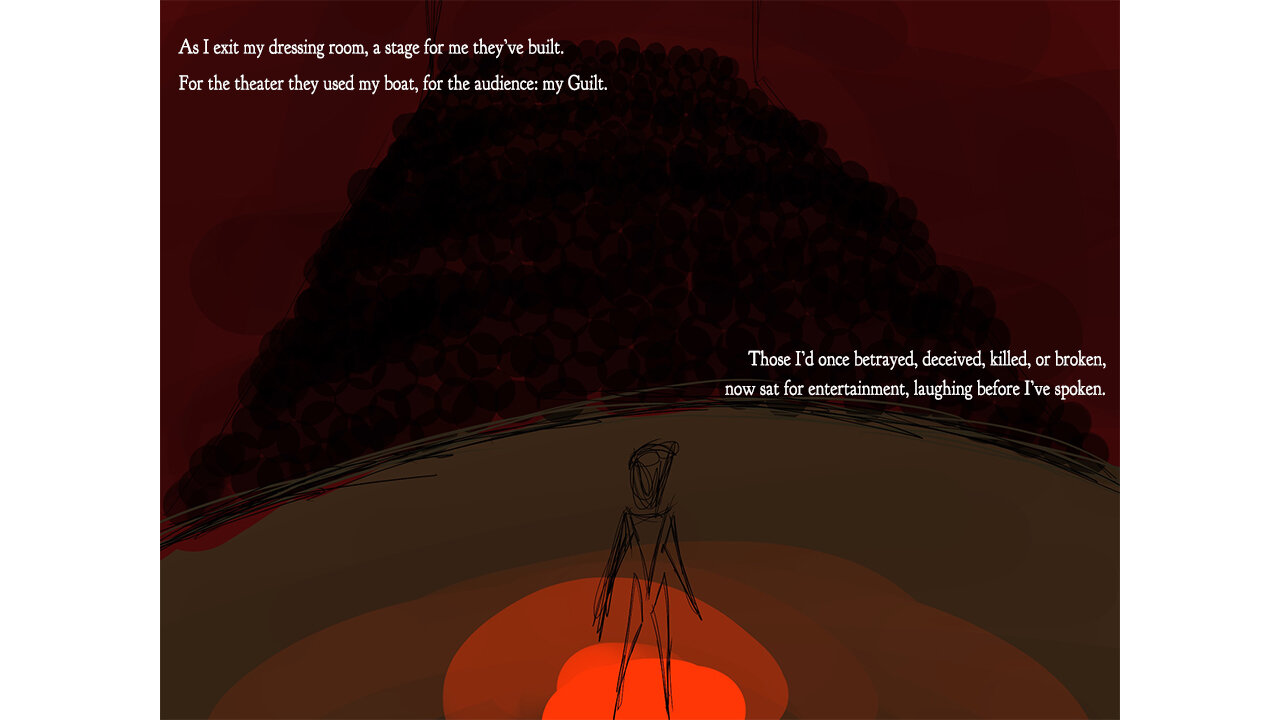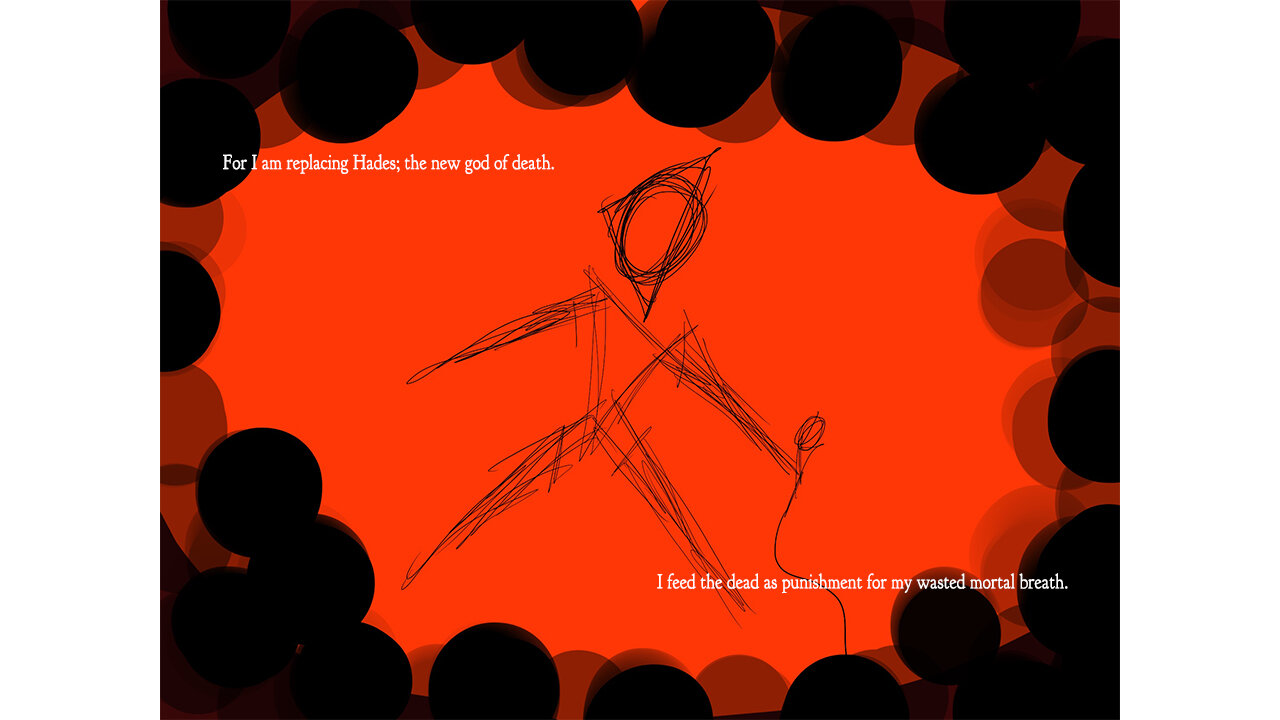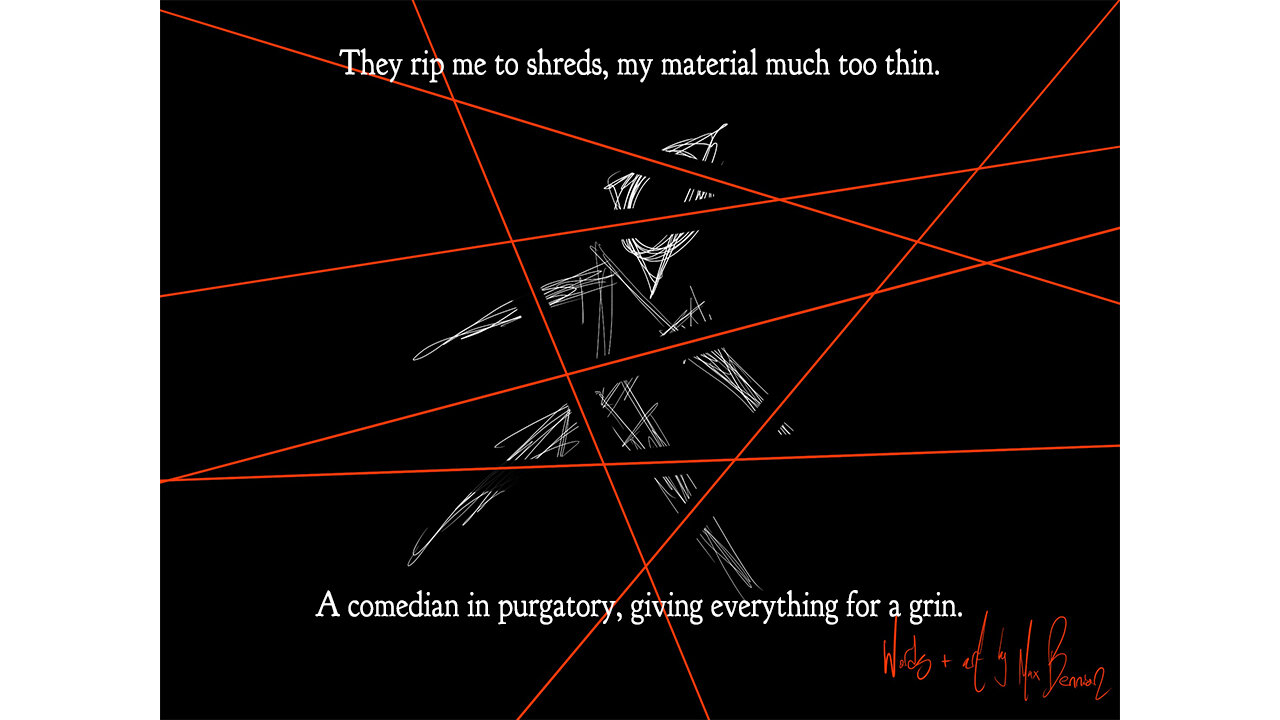A Necessary Drawer for a Broken Ego.
While the old words of now-broken hearts can be cozy, my intention in keeping a drawer of stale compliments is questionable.
It started as a way of having kindness and comfort and confidence easily accessible. To read reminders of all the ways people have loved me is the easiest route to subside my doubts and grievances.
A necessary drawer for a broken ego.
So why keep this weight among the feathers meant to tickle me? Why hide a sword in the sandbox?
Why do I swallow her long-dead sentiments like a necessary poison?
...
Though most days I am fine, it’s on nights like this that I hurt myself with the pain of having hurt another.
She’s gone in the wind, thriving where she is, the feelings I clutch to my chest are held only here.
Holding no feelings for her in my heart other than regret, I’m home to a never-ending apology that even if accepted—even if she had forgiven me—would remain eternal.
...
I am incredibly unskilled at letting things go, the good and the bad. I keep these remnants of old friends, old lives, old impressions, because I don’t want to forget my good. But I keep this dagger because it’s the only form of self-harm I could ever bring to myself.
The greatest punishment, the grandest injury I can sustain at my own hand is to remind myself my murders; not of people, but of possibility. I am plagued with a great dread of decision, for fear I’ve made and I make the wrong one. To kill a potential future is to eliminate Schrodinger’s answer. It is both correct and incorrect until proven one way or the other.
Of course, I understand there is no correct or incorrect answer. There is no question. Life is not a series of right choices or wrong ones. It is a series of actions that must be taken as they come, and lived with once they pass.
And maybe once I accept that, I can finally burn this wretched weapon.
...
I am not haunted by spirits, though I have always longed to see one.
I am haunted by the crumbs of my emotional spillings; these half-intentional messes I have left on my path to an allegedly perfect future. They follow at my command, ready to guide me back to my manor of mistakes. And until I forgive myself, I shall always go along.
